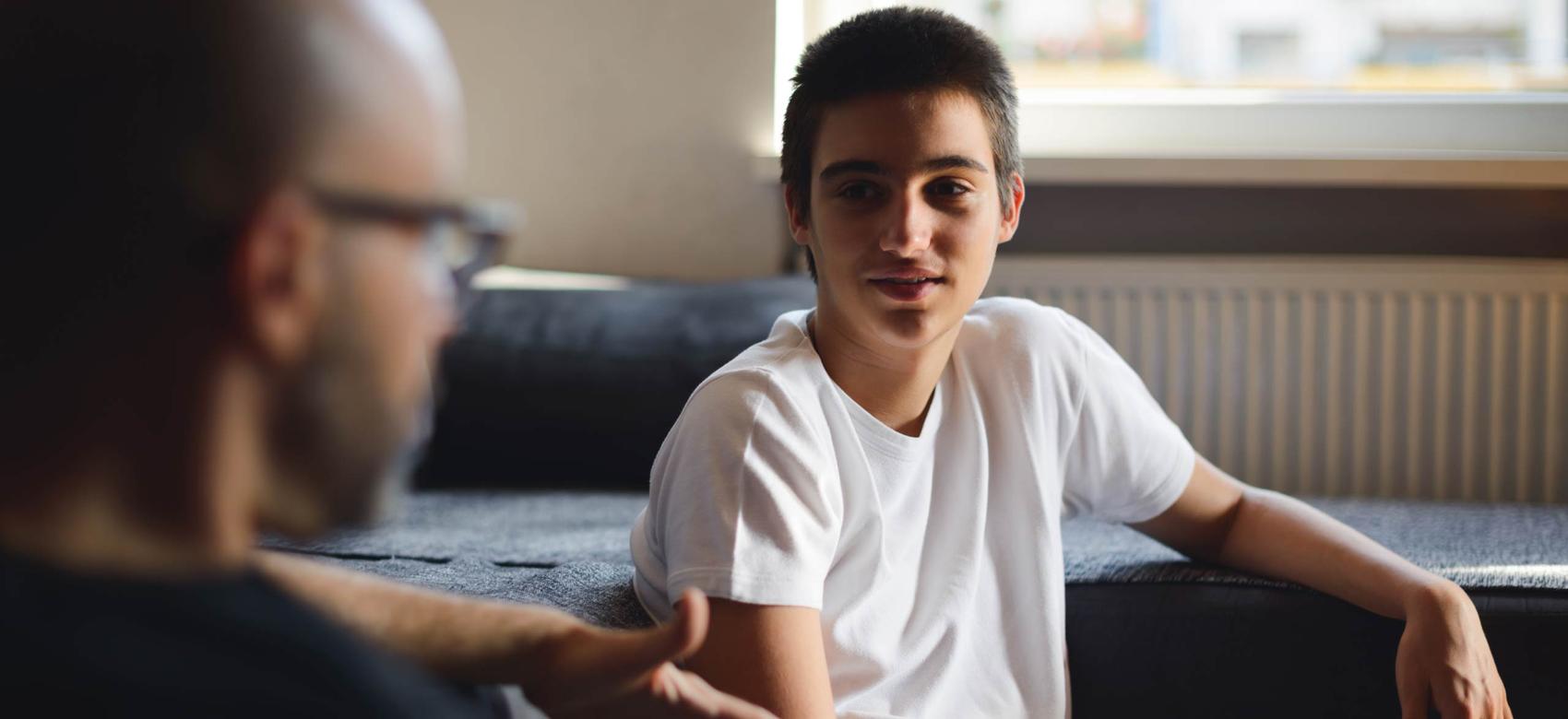Conversations about consent need to start early, and parents need to get comfortable with it
By Dr. Joanna Cheek

Psychiatrist Dr. Gaiathry Jeyarajan envisions a future where parents are comfortable having conversations with their kids early on about consent and boundaries. Avoiding these discussions only perpetuates the culture of silence that allows interpersonal trauma to thrive, says Jeyarajan.
“I want to remind parents, if it’s this hard for you to talk about, can you imagine how hard it is for your child?”
Jeyarajan is the author of a self-published book Ella’s Choice, which teaches children about consent and healthy boundaries in hopes of modelling a strong awareness of their own and other’s bodies and boundaries, normalizing these discussions in daily life.
Interpersonal trauma, such as abuse and sexual assault, are intensely private crimes but pervasively common, constituting a public health crisis that affects both children and adults.
The recent #MeToo movement, explosion of research and advocacy around “adverse childhood experiences” and awareness of escalating intimate partner violence during the pandemic are helping make it known that interpersonal trauma is widely experienced.
All too common
Half to two-thirds of people have experienced at least one adverse childhood experience (such as abuse or exposure the domestic violence).
Over four in 10 women and one-third of men report some form of intimate partner violence. More than one-third of men and women (and even higher rates for transgender Canadians) have experienced at least one physical or sexual assault since the age of 15 outside of their intimate partnership.
As a psychiatrist who specializes in treating adult survivors of interpersonal trauma, I regularly see how these health effects last a lifetime and expand beyond post-traumatic stress disorder. Many studies show what I see every day in my clinic: Interpersonal trauma is pervasive, enduring and at times, deadly.
Beyond PTSD
Interpersonal trauma can lead to depression, anxiety, problems regulating emotions, substance use disorders, eating disorders, problems with attention, relationships, sexuality, violence in intimate relationships, suicidality and many stress-mediated physical illnesses.
People who suffered high levels of adverse childhood experiences, such as abuse or exposure to domestic violence die nearly 20 years prematurely. These adverse childhood experiences are linked to a long list of illnesses including cancer, heart disease, stroke, asthma, chronic inflammatory lung disease, diabetes, chronic pain, mental health problems and substance use disorders. They are also associated with job instability, social problems, learning disabilities and violence.
While our knowledge of interpersonal trauma has grown, our parenting strategies to recognize and help prevent it may not have kept up, says Jeyarajan. “We learn how to set and respect boundaries at home,” she says.
Many of us adopt parenting styles passed down from previous generations without being mindful of repeating unhealthy patterns that ignore concepts of consent and boundaries, such as forcing food intake or hugs and kisses with others, Jeyarajan says.
As Jeyarajan writes in Ella’s Choice:
But if Ella doesn’t want to give a hug,
She will say “NO” without a shrug.
Mom says, “That’s totally fine,
Because it’s your body, not mine!”
“Knowing your limits is part of growing,”
Applauds Daddy.
Proud Ella is glowing.
“Trauma often relates to boundary violations,” Jeyarajan says. “If you know that this is my body and this is what makes me uncomfortable, then you can come tell your parents and say, ‘Listen, I feel this person is making me uncomfortable.’ How are you going to respect boundaries if you don’t even know they exist?”
Jeyarajan hopes to model for children that consent can be withdrawn at any time. “Maybe their friend wanted to play fight and now they don’t want to play fight anymore: They can change their mind.”
She wonders whether as a society, we can teach children to listen to their body’s limits and cues rather than rigidly following through at any cost. By starting these conversations early, we can change our culture from one of silence around boundary crossings and violations to explicit consent and empowerment.
So, when Ella meets a fluffy bright-eyed cat, Jeyarajan writes:
She seeks Lexi’s permission before reaching for a pat.
Ellie’s respect for the boundaries for the kitten
Leaves everyone around her smitten.
Witty Ella wants everyone to know
That touch without an approval is a “no-go.”
“It’s never too early to starting teaching children about boundaries if we want to raise a new generation of empowered youth,” Jeyarajan says. “If that’s the kind of humans we’re raising — that are aware of their own and others’ bodies and needs and have empathy from a really young age — then I think we’re heading in the right direction with regards to changing rape [and abuse] culture.”
We can’t separate our personal health from that of the environment we inhabit. To protect our children, we must shift our collective culture away from a silent complacency around interpersonal trauma and towards intentionally working to prevent it.![]()
Dr. Joanna Cheek is a Clinical Assistant Professor with the Faculty of Medicine at UBC. This article was republished on January 20, 2022 from The Conversation under a Creative Commons license. Read the original article. To republish this article, please refer to the original article.


